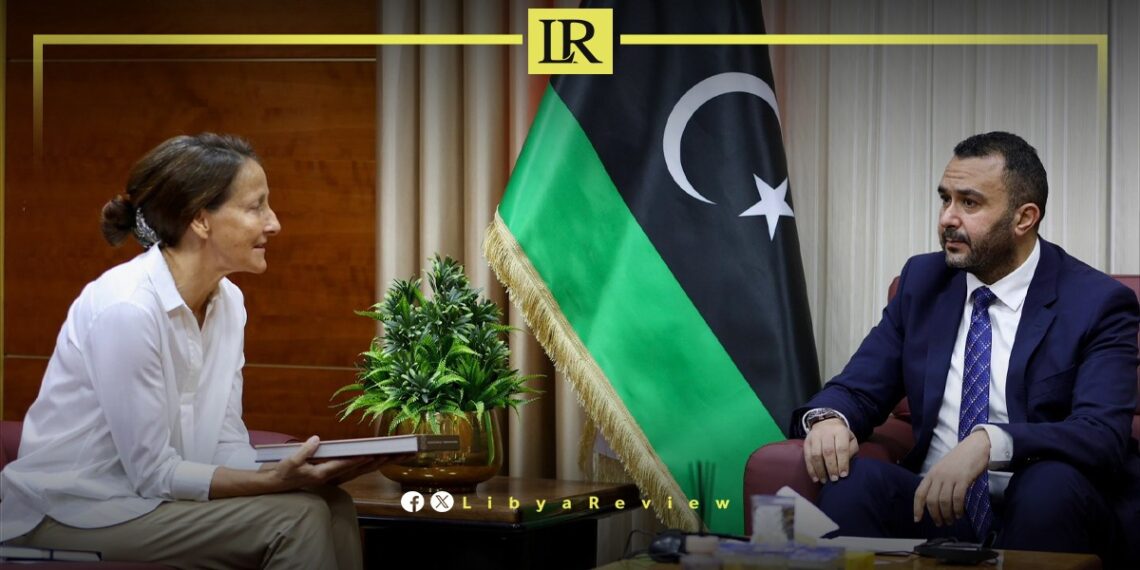Libya’s Acting Minister of Health, Mohamed Al-Ghouj, met with Henri Feredric, the World Bank’s representative in Libya, to explore ways of enhancing cooperation on health sector development projects and boosting the quality of medical services across the country.
The meeting focused on joint initiatives including primary healthcare programs, health expenditure management, telemedicine services, and human resource development. Both sides reviewed the challenges delaying full implementation, particularly issues related to infrastructure and access to modern medical equipment.
Discussions also addressed future collaboration opportunities, such as leveraging international expertise in health insurance, financial and economic reform of the sector, and the integration of digital transformation technologies. Key areas include health information systems, e-payment platforms, and automated services to improve accessibility and operational efficiency.
The meeting comes as part of the World Bank’s ongoing track record in supporting Libya’s healthcare system. Past collaborations with the Ministry of Health and the World Health Organization (WHO) have included:
Expanding primary healthcare programs
Improving healthcare financing models
Introducing telemedicine technologies
Enhancing training and capacity building for medical and technical staff
In addition, the World Bank has supported studies on health budget allocation, promoting more effective resource distribution.
With Libya’s health infrastructure still reeling from years of conflict, political division, and resource strain, this partnership with the World Bank remains a critical pillar in the national strategy to rebuild and modernize the public healthcare system.


